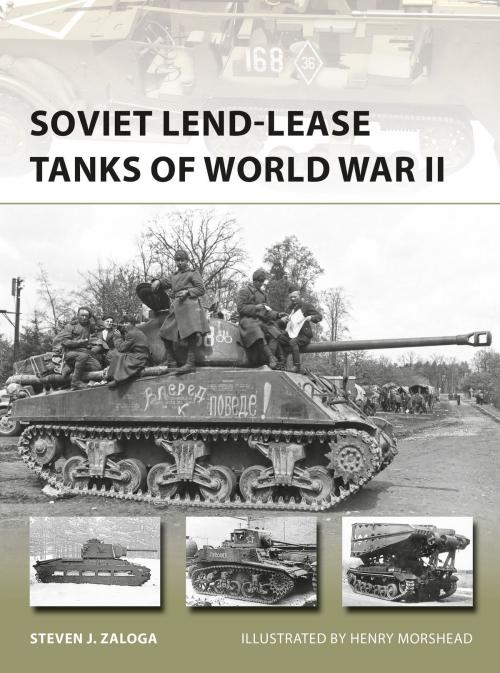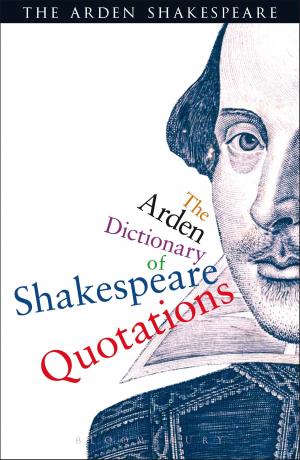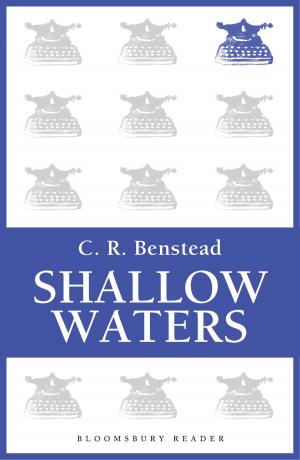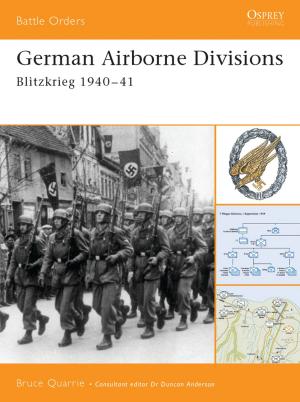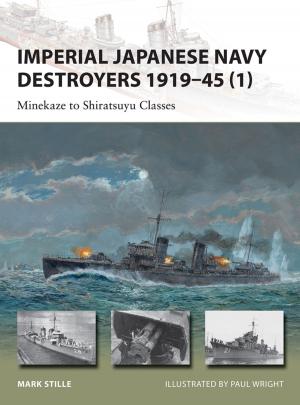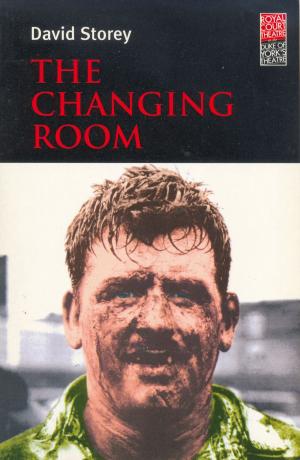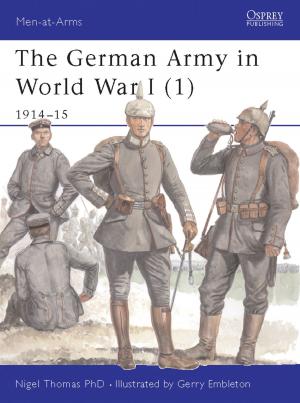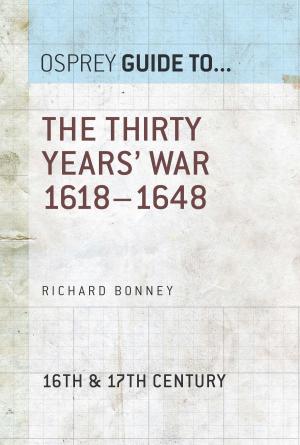| Author: | Steven J. Zaloga | ISBN: | 9781472818157 |
| Publisher: | Bloomsbury Publishing | Publication: | June 29, 2017 |
| Imprint: | Osprey Publishing | Language: | English |
| Author: | Steven J. Zaloga |
| ISBN: | 9781472818157 |
| Publisher: | Bloomsbury Publishing |
| Publication: | June 29, 2017 |
| Imprint: | Osprey Publishing |
| Language: | English |
The Red Army suffered such catastrophic losses of armour in the summer of 1941 that they begged Britain and the United States to send tanks. The first batches arrived in late 1941, just in time to take part in the defence of Moscow. The supplies of British tanks encompassed a very wide range of types including the Matilda, Churchill, and Valentine and even a few Tetrarch airborne tanks. American tanks included the M3 (Stuart) light tank and M3 (Lee) medium tank and the M4 Sherman tank, which became so common in 1944–45 that entire Soviet tank corps were equipped with the type. With these Western tanks, the Soviets were finally able to beat back the German tide in the East.
This study examines the different types of tanks shipped to the Soviet Union during the war, Soviet assessments of their merits and problems, and combat accounts of their use in Soviet service using full colour artwork, contemporary photographs and detailed cut-away illustrations.
The Red Army suffered such catastrophic losses of armour in the summer of 1941 that they begged Britain and the United States to send tanks. The first batches arrived in late 1941, just in time to take part in the defence of Moscow. The supplies of British tanks encompassed a very wide range of types including the Matilda, Churchill, and Valentine and even a few Tetrarch airborne tanks. American tanks included the M3 (Stuart) light tank and M3 (Lee) medium tank and the M4 Sherman tank, which became so common in 1944–45 that entire Soviet tank corps were equipped with the type. With these Western tanks, the Soviets were finally able to beat back the German tide in the East.
This study examines the different types of tanks shipped to the Soviet Union during the war, Soviet assessments of their merits and problems, and combat accounts of their use in Soviet service using full colour artwork, contemporary photographs and detailed cut-away illustrations.
